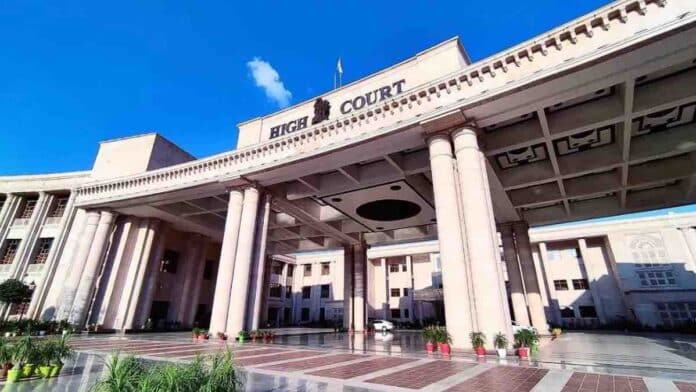The Allahabad High Court (Full Bench) has resolved a significant legal conundrum regarding the appropriate appellate procedure when an accused is acquitted under the Scheduled Castes and Scheduled Tribes (Prevention of Atrocities) Act, 1989 (“SC/ST Act”) but convicted under the Indian Penal Code (IPC). The decision clarifies the interpretation of Section 14A of the SC/ST
To Read More Please Subscribe to VIP Membership for Unlimited Access to All the Articles, Download Available Copies of Judgments/Order, Acess to Central/State Bare Acts, Advertisement Free Content, Access to More than 4000 Legal Drafts( Readymade Editable Formats of Suits, Petitions, Writs, Legal Notices, Divorce Petitions, 138 Notices, Bail Applications etc.) in Hindi and English.




